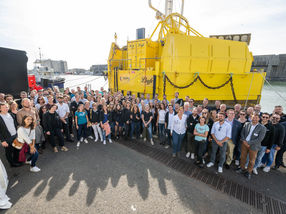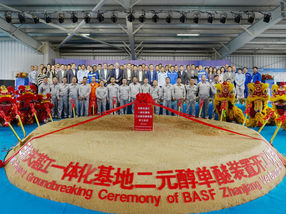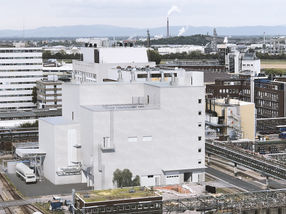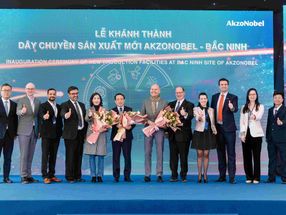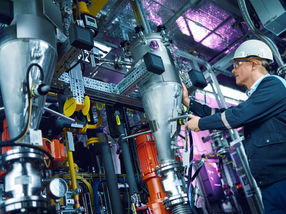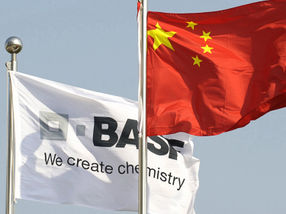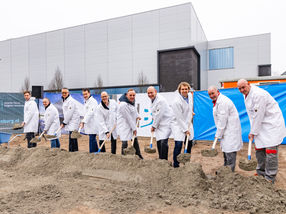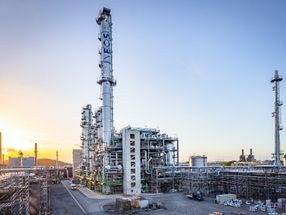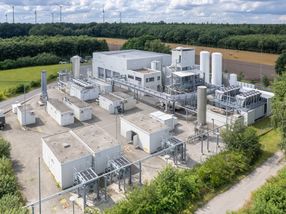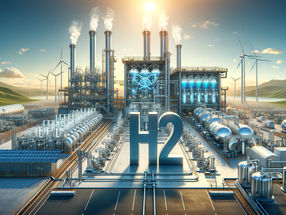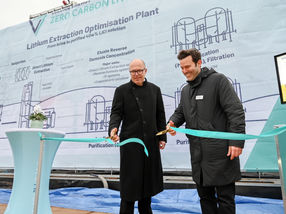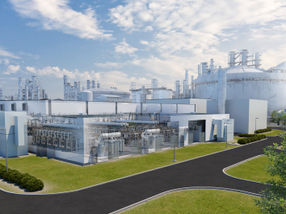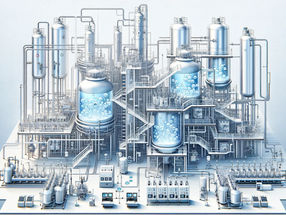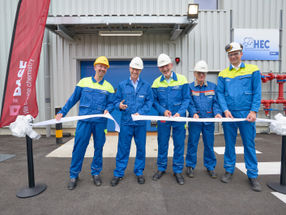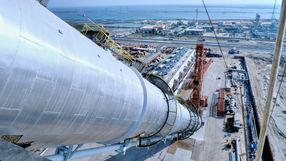Bayer gets green light for expansion of the hydrochloric acid facility in Dormagen
Bayer MaterialScience has been issued the permit for the expansion and operation of its hydrochloric acid facility in Dormagen. The Cologne district authority issued the corresponding ruling on Tuesday following a detailed appraisal. The company can now move forward with the European-wide marketing of hydrochloric acid, which occurs as a by-product in the production of polyurethane raw materials. The volume will increase as result of the world-scale plant for the production of TDI (toluene diisocynate) currently under construction. Greater use will be made in the future of the hydrochloric acid as starting material for other production operations both inside and outside CHEMPARK Dormagen. Expansion of the hydrochloric acid facility is taking place while operations continue, and is scheduled for completion in the second half of this year.
“We are pleased that the permit process has been concluded successfully. The project is very important for the expansion of our European-wide marketing of hydrochloric acid and is a key piece in the commissioning of the new TDI plant,” says Andreas Amling, Head of Basic Chemicals at Bayer MaterialScience.
The company currently is investing some EUR 250 million in the new TDI facility. The chemical is needed as a precursor for the production of flexible polyurethane foams, which are used to make many everyday products such as mattresses and car seats. Including the plans of additional area companies to build plants associated with the production of TDI, overall investment in the Chempark totals more than EUR 400 million.
Hydrochloric acid facility is an important part of investments in TDI production
Bayer MaterialScience is developing Dormagen into a European hub for TDI production. According to Dr. Steffen Kühling, program manager of the TDI project in Dormagen, this involves far more than the new construction of the TDI facility. The plant requires a corresponding network embedded into a suitable infrastructure. “The expanded hydrochloric acid plant fits seamlessly into our overall concept for the flow of all materials into and out of the TDI plant. In this case, a by-product is being commercialized and reused in accordance with ecological principles.”
The final construction and operating permit now issued was also the last remaining permit required by Bayer MaterialScience for the TDI investment and associated subprojects. The permits for the new main plant and the shipping facility, which as also been expanded, had been issued previously.
The objective: expansion of European-wide marketing of hydrochloric acid
Commissioning of the new plant represents the first step in expanding the European-wide marketing of hydrochloric acid. The hydrochloric acid generated by polyurethane production will be recycled for Bayer MaterialScience’s own use, and remaining quantities supplied to other companies inside and outside the Chempark. For example, the Finnish company Kemira currently is building a plant for water treatment chemicals at the Dormagen site. Kemira will use hydrochloric acid as a precursor. The Dormagen site will play an important role in a network with Leverkusen, Uerdingen, Brunsbüttel and Tarragona in serving the European market. The new Dormagen facility will have the same high quality standards as the other locations and which are required when using hydrochloric acid in sensitive applications, such as water treatment.
Proper use of technology
To commercialize the hydrochloric acid as a valuable material, it is first purified and stored temporarily in tanks before finally being properly loaded and transported away. The new facility is intended specifically for these processes. “It is a challenging and exciting task, because expansion is taking place while operations continue,” say project manager Andreas Brachmann of Bayer Technology Services and Dr. Johann Rechner, Head of Basic Chemicals in Dormagen. In the last few months, two new hydrochloric acid tanks were erected and four new truck loading stations built, together with the required infrastructure of pipe bridges and pumping station.
Activities will focus on more than just construction work before the facility can go into operation in late 2014, however: Employees will receive training in the months ahead to prepare for the changed workflows at the plant. “The expertise of our employees is very important for ensuring that the reconfiguration and commissioning go smoothly. A lot of times, it is the minor, practical changes made to pipelines or the plant control system that determine the success of commissioning,” adds Rechner.
Other news from the department manufacturing

Get the chemical industry in your inbox
From now on, don't miss a thing: Our newsletter for the chemical industry, analytics, lab technology and process engineering brings you up to date every Tuesday and Thursday. The latest industry news, product highlights and innovations - compact and easy to understand in your inbox. Researched by us so you don't have to.

